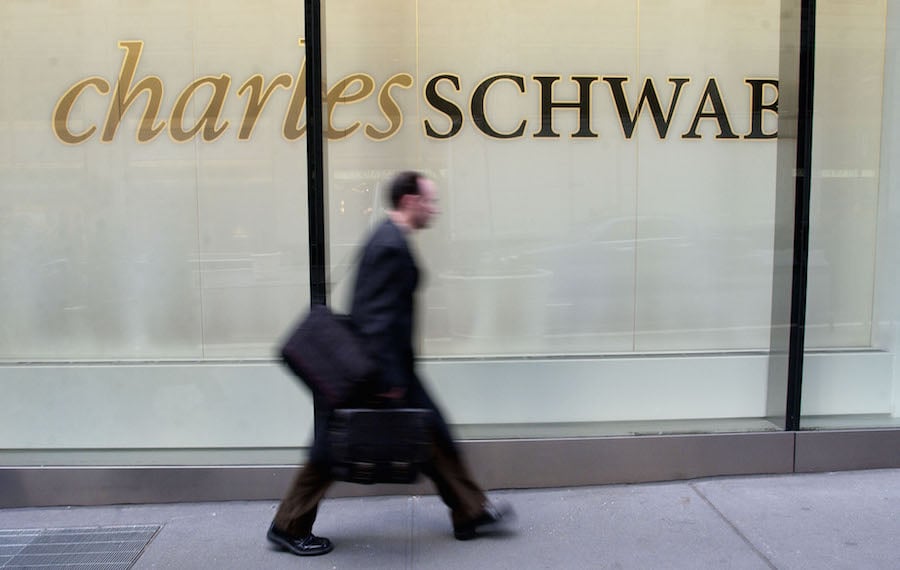Over the
past decade, independent advisers experienced rapid growth, but the ongoing uncertainty from markets to U.S. elections continues to concern them.
That is one of the takeaways from
Schwab's Independent Advisor Outlook study (IAOS) of 957 advisers at independent advisory firms.
The top concern for their clients is to have enough savings to live through retirement with the lifestyle they desire. Income taxes and current health care costs trail closely behind as high concerns.
The advisers' concerns match those of their clients. Half of the advisers feel their clients' investment goals will be somewhat or very difficult to achieve in the current environment. A decade ago, only a third of the advisers felt that way.
The culprit is the current market sentiment: only half of the advisers believe the S&P 500 will advance in the next six months, the lowest it's been since 2008. The looming presidential election prompted 65% of the advisers to be equally or more concerned than their clients about how the outcome will impact their portfolios.
Bernie Clark, executive vice president of Schwab Advisor Services, said in
a speech on Tuesday that advisers must continue to adapt to change to succeed. “If you want an enduring business that succeeds even if you walk away, then yes, you must change,” he said.
The study notes that average advisory firm's assets grew from $251 million in 2007 to $339 million in 2016.
“Over the past decade, the advisers in the IAOS study have built businesses that have achieved growth and scale against a backdrop of volatility, market highs and lows, and forces of change ranging from the regulatory environment to technology,” said Mr. Clark in the study. “They have done this with a constant focus on their clients, while embracing change and seizing opportunities.”
Being a fiduciary is at the top of the value proposition advisers present to clients, even though four in five clients either were not aware of or do not believe the Department of Labor rule has helped them understand the importance of choosing a fiduciary adviser.
According to the study, most of the advisers agree that compliance requirements are more complex today than they were, although more than half welcome regulation on fiduciary standards, fee transparency and reporting, and cybersecurity. In order to mitigate the burden of compliance, technology has been on the rise as a panacea.
“As firms continue to grow and add people, supervision responsibilities will also grow. Technology may ease the number of compliance specialists needed in the future, but reporting requirements will likely increase,” said Chris Palermo, managing director, partner at Beacon Pointe, in the study. “A robust culture of compliance is the only way to survive.”
Portfolio management and asset allocation are becoming less important, while more hands-on client relations and wealth management are fast becoming the norm.
“The role of the adviser is shifting, and today it can include estate planning, tax prep and legal work, even other value-added services like career and estate planning or life coaching . . . nothing is off the table anymore,” said Mr. Clark in his speech.







